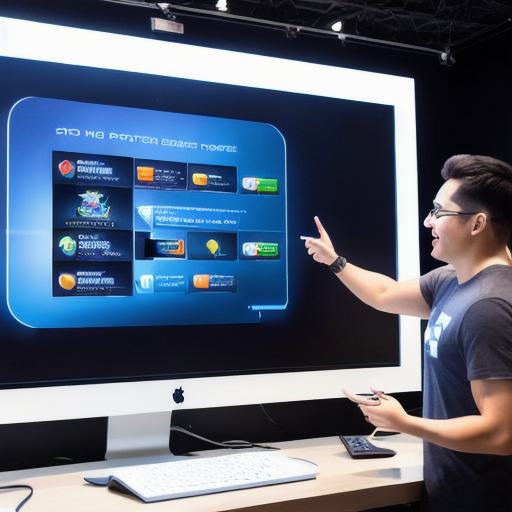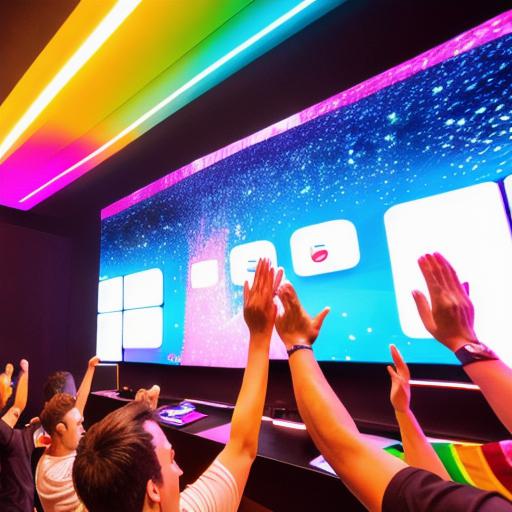Introduction
Welcome to the exciting world of mobile game development!
As a beginner, you might feel overwhelmed by the vast array of technologies, tools, and resources available.
Fear not!
In this comprehensive guide, we’ll explore the fundamental steps and best practices for starting your mobile game development journey.

**Choosing Your Development Platform**
The first decision to make is which platform to develop for: iOS using Swift or Xcode, Android using Unity or Unreal Engine, or both? Consider the target audience, available resources, and personal preference when making this choice. For beginners, we recommend starting with either Unity or Unreal Engine due to their user-friendly interfaces and extensive community support.

**Learning the Basics**
Once you’ve chosen your platform, it’s time to learn the fundamentals of game development. This includes programming concepts (variables, loops, conditionals), mathematics for game logic, and 2D or 3D graphics. Several free online resources like Codecademy, Unity Learn, and Udemy offer beginner-friendly courses tailored to mobile game development.
**Creating Your First Game**
The best way to learn is by doing. Start small and create a simple 2D game such as Pong or Tetris. This will help you understand the basic workflow, from designing levels and characters to implementing physics and user interaction. As your skills progress, so can the complexity of your games.
**Collaborating with Others**
Mobile game development is a collaborative process. Consider joining forums, online communities, or local meetups to connect with other developers. Engage in discussions, ask questions, and learn from each other’s experiences. Working together can lead to valuable insights and potential partnerships.
**Summary: Embrace the Learning Process**
Mobile game development is a rewarding yet challenging endeavor. By following these steps and embracing the learning process, you’ll be well on your way to creating engaging and captivating mobile games for audiences worldwide.
